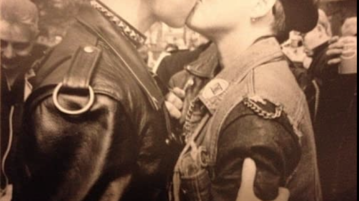
Rebel Dykes Took On All Foes
This essay first appeared online to mark the 2021 BFI Flare premiere of Rebel Dykes. It is part of Culture Club, a community publishing venture from the queer feminist film curation collective Club des Femmes.
More
This essay first appeared online to mark the 2021 BFI Flare premiere of Rebel Dykes. It is part of Culture Club, a community publishing venture from the queer feminist film curation collective Club des Femmes.
More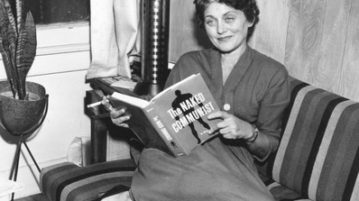
The Communist Party USA was for most of its history culturally conservative. Socialism has been far more welcoming.
More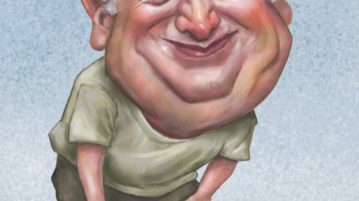
The image that’s etched in most of our minds is Fierstein in full drag belting “I am what I am” in La Cages aux Folles.
More
As the Empire swelled and the enthusiasm for sports and bodybuilding spread, military and athletic prowess gained ground.
More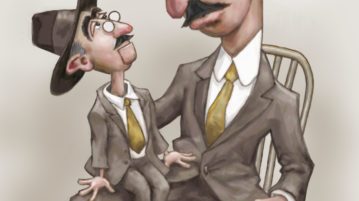
Fernando Pessoa began inventing alternate selves: fictional beings who peopled his imaginary universe and manifested their identities by producing letters, stories, and poems.
More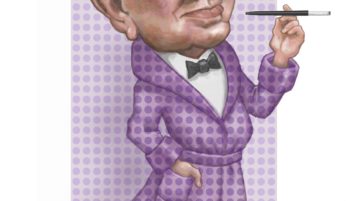
Noël Coward on (and in) Theatre is composed rather like a scrapbook, with photographs, reproductions of Playbills and theatrical posters, excerpts from Coward’s essays on the theater, interviews he gave, his plays, his bon mots, his opinions of fellow playwrights, actors, producers, and critics, and even poems and song lyrics.
More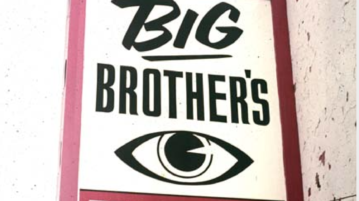
LESBIAN BARS have not prospered over the years. The Cubbyhole is the last of two lesbian bars in all of New York City. In the 1970s, in the city of Los Angeles alone, there were at least a dozen lesbian bars. And there were scores more across the country. In the 1980s, there were roughly 200 lesbian bars in the U.S. Today there are only 21 left.
More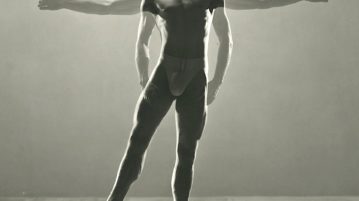
IN THE 1930s AND ’40s, George Platt Lynes was one of the best-known photographers in New York City. His portraits and fashion photographs were published in such national magazines as Town & Country, Vogue, and Harper’s Bazaar. Today, he is best remembered for a vast archive of male nude photography that has since the 1970s been increasingly “rediscovered” by a new generation of queer artists and curators.
More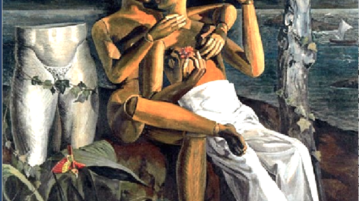
Gregorio Prieto brought an emerging homoerotic presence to the movement that was also present in some of his contemporaries, notably two poets: Federico García Lorca and Luis Cernuda.
More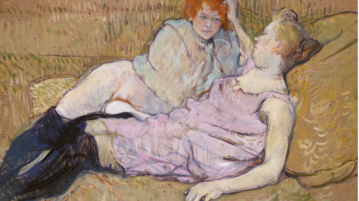
There is a painting by the Dutch master Frans Hals with the rather misleading title Merrymakers at Shrovetide (1616–17). Shrovetide? Well, if you notice the orange beads around the neck and wrists of the “maiden” at its center you can easily tell what holiday this group of merrymakers is celebrating. Today we call it Mardi Gras. Just think how much more approachable the painting would be if it were titled “Mardi Gras Party.”
More